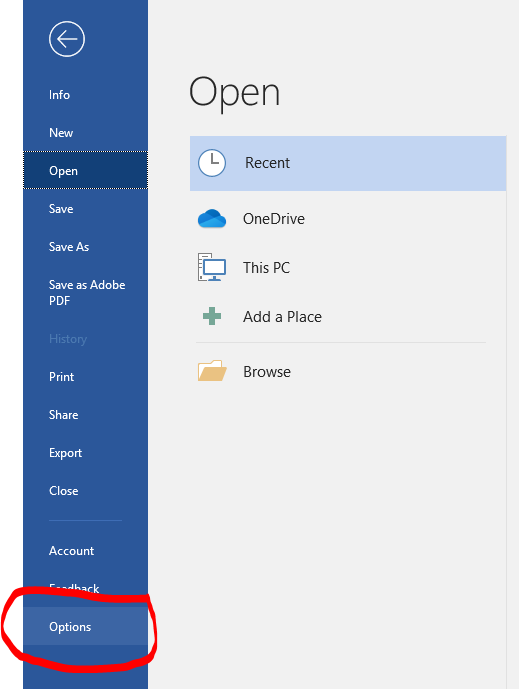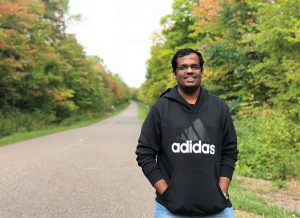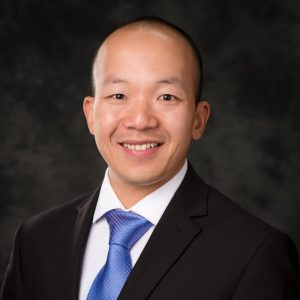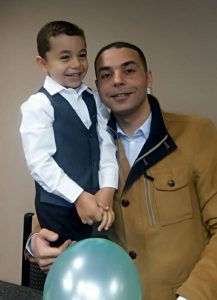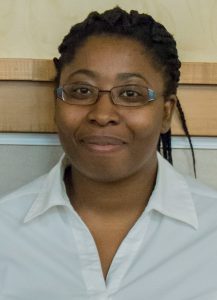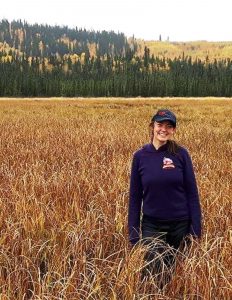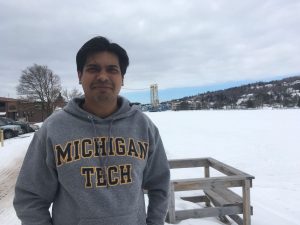Christa Meingast
Environmental Engineering
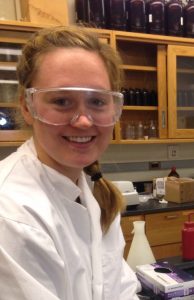 My current research at Michigan Technological University aims to determine mechanisms of pathogen inactivation in both clinical and wastewater applications. Pathogenic infections are prevalent throughout the world, and effective and sustainable public safety measures to prevent these diseases are desirable. During this past year, I have been researching the mechanisms and optimal conditions of inactivating viruses in pharmaceutical manufacturing. Throughout my career as a PhD student in the field of environmental engineering, I have found a passion for teaching and researching. After I graduate my PhD I want to obtain a career in post-secondary education to continue to spread scientific knowledge and an understanding of environmental sustainability.
My current research at Michigan Technological University aims to determine mechanisms of pathogen inactivation in both clinical and wastewater applications. Pathogenic infections are prevalent throughout the world, and effective and sustainable public safety measures to prevent these diseases are desirable. During this past year, I have been researching the mechanisms and optimal conditions of inactivating viruses in pharmaceutical manufacturing. Throughout my career as a PhD student in the field of environmental engineering, I have found a passion for teaching and researching. After I graduate my PhD I want to obtain a career in post-secondary education to continue to spread scientific knowledge and an understanding of environmental sustainability.
I am very grateful for being awarded the Portage Health Foundation Fellowship to support my Ph.D. research for Fall 2019. This funding allows me to focus my attention on my research so I can graduate by the end of the academic year. I also want to thank my advisors Dr. Caryn Heldt and Dr. Veronica Webster for their help and support throughout my graduate career.
